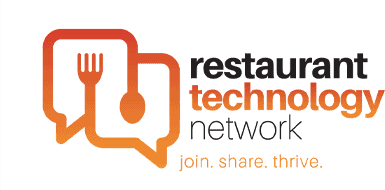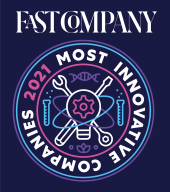According to Yelp data, nearly 16,000 restaurants have closed permanently due to the pandemic. And those left hanging on? Well, nothing is as it once was just a few months ago.
Some in the restaurant industry are calling what the pandemic has done to the restaurant industry the “new abnormal.” The entire concept of dining out has been upended, from sitting snuggled over a candlelit table to queuing in a long line for a hot new restaurant. All of what makes dining out special has been called into question with the need to reduce contact due to the COVID-19 pandemic.
Add to that increased cleaning protocols and entirely new consumer behaviors and it’s a recipe for migraine for any restaurant owner.
Some of the changes caused by COVID will vanish over time, but many are here to stay. This guide will look at three ways COVID had permanently changed the restaurant business.
Consumer Expectations
“The customer is always right” just got a little more high stakes due to the coronavirus.
According to a report by McKinsey & Co. consumer values have changed since the pandemic started, with five themes emerging:
- Shift to value and essentials
- Flight to digital and omnichannel
- Shock to loyalty
- Health and “caring” economy
- Homebody economy
How restaurants adjust to these attitudes requires flexibility.
Beyond the pandemic, restaurants will need to continue to assure customers that their welfare is paramount—not just their appreciation of, say, a burrito. To do this, restaurants will need to continue to adjust their means of communicating health safety.
That may look like well-placed signage outlining social distancing and mask protocols, or information provided by team members to individual customers. Whatever the case, keeping health and safety top of mind is here to stay.
Contactless Payment
Mastercard reported a 40% increase in contactless payments as the pandemic ramped up this spring, according to SchooleyMitchell.com. And like all new tech that eventually becomes the norm, contactless payment is well on its way to becoming de rigeur.
As a means of reassuring guests that their health is important, restaurants, regardless of style, will need to invest in these systems. Solutions that allow restaurant guests to handle menu browsing, ordering, and payment all from their own mobile device. While some restaurants may choose to invest in a personalized app, OneDine’s system works with no app required, upping the efficiency and effectiveness.
Customer Service Demands
Don’t expect the demand for great customer service to go away. In fact, now that more people have realized (and maybe even begun to appreciate) the ease and cost savings of cooking from home, restaurants are going to have to win diners back.
The novelty of those first few meals out post-pandemic won’t be enough to guarantee repeat business, however. Smart restaurant owners will continue to reconfirm their commitment to meeting guests where they are, whether that’s with clever curbside options, easy mobile ordering, or sophisticated no-contact in-person dining.
Other than great food, customer service is the reason people dine out. To feel special and taken care of—that’s a feeling diners are craving now more than ever. Going above and beyond to make a dining experience special will separate the wheat from the chaff when it comes to eateries.
If you can deliver excellent customer service while making diners feel safe, you’ll be lightyears ahead of the competition and better positioned for the future.
COVID-19 has greatly disrupted every industry, restaurants especially. And those disruptions likely won’t end any time soon. Restaurant owners who want to get out ahead of the problem should adjust to meet these changes now. That could mean many things:
- New training for staff
- Technology investments
- Adjusted health and safety protocols
- Special perks for loyal guests
- Rewards programs to encourage repeat dining
- Social distancing requirements
- Limited capacity regulations
Whatever the case, an agile business that can change with feedback will surely be more successful than a static one prone to old ways.
Fortunately, food and beverage employees are experts in this department. With years of economic changes and evolving trends as hallmarks of the industry, no people are better suited to overcome such unprecedented challenges. With “be our guest” as their mindset, there’s no group better poised to overcome 2020.





